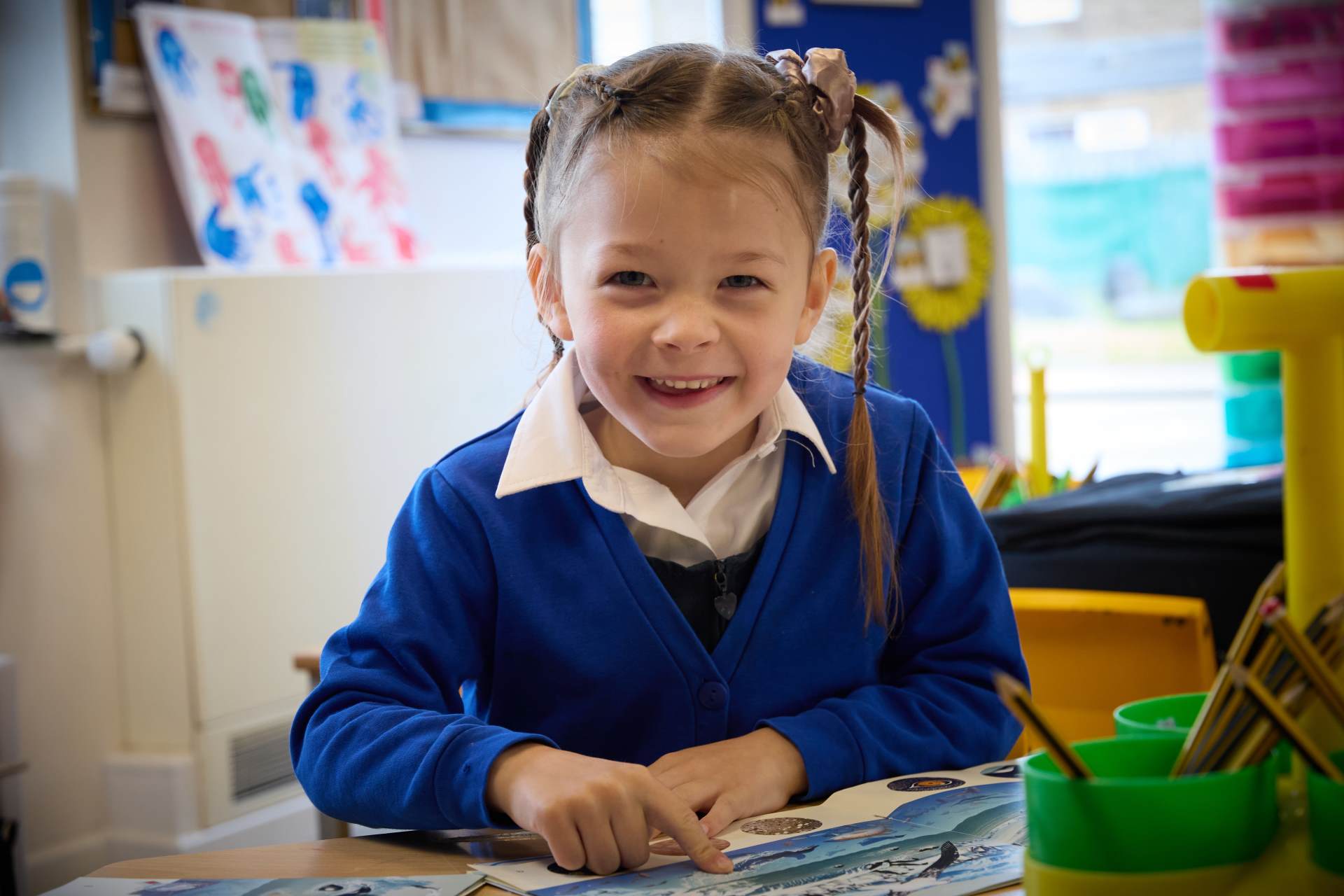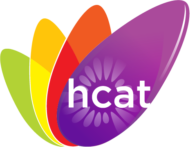Reading

At Dorchester Primary School, we strive to create a community of children who love to read! We wish for all our children to develop the joy of getting lost in a book and as such aim to instill a love of reading from the moment that our youngest pupils start their journey with us and continue to develop this right up until the children leave us and move onto their secondary placements. By the time they leave us, our Dorchester pupils will have a wide and varied reading diet, filled with Fiction, Non-Fiction and Poetry; they will have experienced all of the wonders of reading and will have a desire to continue on their quest to discover new and wonderful worlds through the power of books.
Here at Dorchester, children will experience reading for purpose and for pleasure, applying their comprehension skills across the curriculum. Reading also plays a vital role in the Writing process and every writing genre begins with a high-quality text, acting as a stimulus to ‘hook’ the children in. Children will initially learn to be fluent readers, with this process starting with Phonics in the EYFS. Daily adult led storytelling sessions are loved by all and our youngest children have the opportunity to be read to by our eldest pupils with our ‘Book Buddies’. The EYFS curriculum and environment is underpinned by a print-rich indoor and outdoor environment.
In Key Stage 1, children continue to develop their Phonic ability whilst focusing on specific comprehension skills through teacher led sessions to broaden their ability to independently discuss and understand a text in more depth. By the end of Year 2, our children begin whole class reading sessions, which prepare them for the deeper discussions that will come in Key Stage 2. In Key Stage 2, each year group has a varied selection of ‘Class Texts’ that their main comprehension skills are taught through, a selection of Poetry and Picture Books that specifically target high levels of inference. Non-Fiction is woven into each half term and wider opportunities for Reading through the Curriculum are planned for.
As partners working together to promote the importance of reading, teachers and parents encourage children to read at school and at home as much as possible, with parents committing to listen to their child read three times each week



